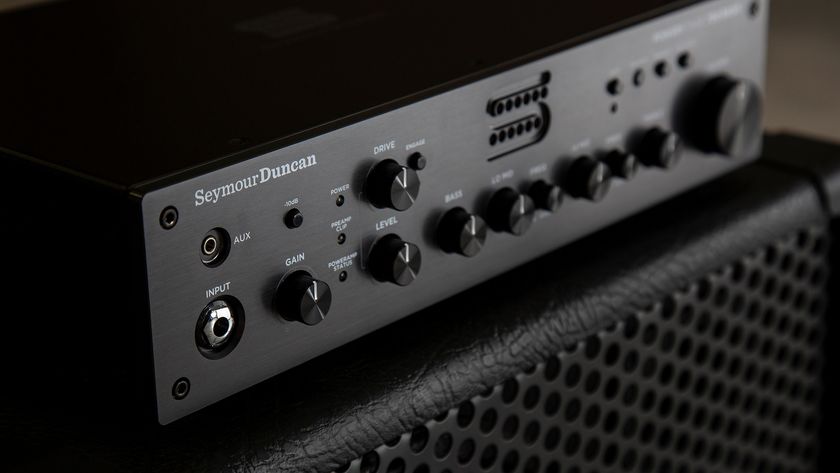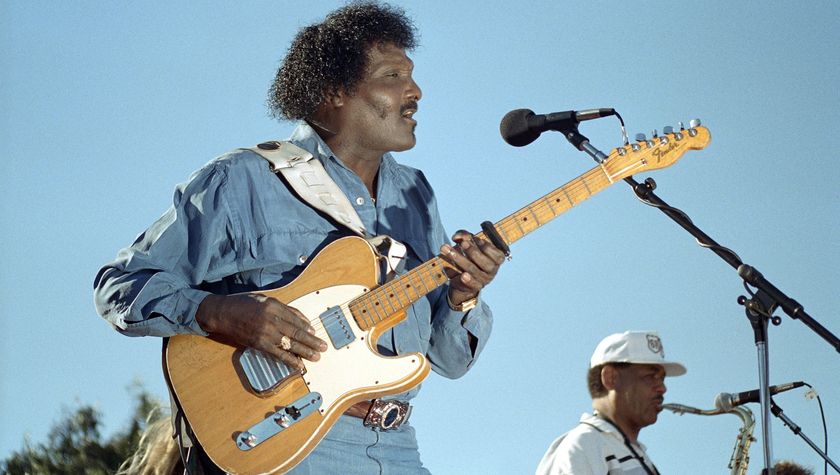Kansas Guitarist Richard Williams Discusses Band’s 40th Anniversary and Upcoming Documentary
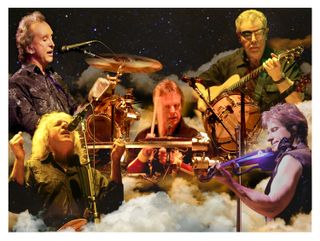
Forty years is a monumental amount of time for any band to be together, but for Kansas guitarist Richard Williams, the milestone event seems almost normal.
In addition to being an integral part of the success of Kansas — a band with record sales in excess of 15 million — Williams' legacy includes being one of only two members of the band (drummer Phil Ehart being the other) to play on every Kansas album.
Even after four decades, Kansas shows no signs of slowing down. They plan to release a documentary in 2014 and continue to perform as many as 80 shows per year.
I recently spoke to Williams about the band's milestone anniversary, their hits and his time working with guitarist Steve Morse.
GUITAR WORLD: How do you account for the longevity of Kansas?
I think one of the key elements was being fortunate to have songs that have stood the test of time, like “Carry On Wayward Son” and “Dust in the Wind." We have a catalog of songs that have become the fabric of American life for a lot of people. They're solidified in history.
Can you tell me about the origins of "Dust in the Wind"?
Get The Pick Newsletter
All the latest guitar news, interviews, lessons, reviews, deals and more, direct to your inbox!
We were late into the Point Of Know Return project when Kerry [Livgren, guitarist] came in and said, "I have this other acoustic song, but I don't think anyone's going to want to do it. I'll just throw it in the pile." I remember he had recorded the guitar part on a reel to reel and turned it on. Kerry wasn't really a singer, but he sang the melody along to the lyric sheet he had and even in that rawness of raw state, I knew right then and there that it was going to be our new single.
What was it like working with Steve Morse?
Working with Steve on material was pretty amazing because at the time, he had just been named the best guitar player on the planet for the fourth year in a row. For me, watching him create was even more amazing than his actual playing. He could dig so deep. We'd have an idea and he would pluck the melody with one finger, then form a chord structure with a few of the others and at the same time, would be playing a bass line with his thumb. It was this constant motion of him writing brand new music on the fly. He was an incredible randomizer. To watch the depth of his musical comprehension was astounding.
When did you first get interested in the guitar?
I had a neighbor across the street whose father had this red, wide bodied acoustic that I would see through the window. I had never seen him actually play it, but I always thought it looked cool. My father also played ukulele at the time and he showed me a few chords on it. Once I started to get interested in that, along came the Beatles on Ed Sullivan and that was it. The fuse was lit. That one night set the guitar world on fire, and Topeka, Kansas, was no exception. Everyone I knew was in a band and there was a garage band on every block.
Did you have any other musical influences?
I remember seeing Eric Clapton and John Mayall & The Blues Breakers, and it was the first time I heard a growling "voice" in the guitar. It was a very expressive sound. Blues was nothing new to me, but to hear it from a modern British perspective really opened my eyes. Then there's Jimmy Page and Jeff Beck, who both, along with Clapton, coincidentally played in the Yardbirds. They're the holy trinity.
Tell me about when the band opened for Queen on their Sheer Heart Attack tour.
When we first heard we were getting on that tour, we thought it wouldn't work. We were a Midwestern band, and here were these guys that seemed like they were all dressed in drag [laughs]. But they were the nicest bunch of guys and we really learned a lot from them about how to take it up a level. It was a great experience. I think they enjoyed it too because it was an innocent era; before they became larger than life.
What is the band working on now?
Last December, the original six members of the band all got together in Topeka and started work on a documentary. We discussed everything from the first album to Point of Know Return. There's also a lot of background that came from several record company executives, some of which even we didn't know about. It's called Miracles Out Of Nowhere and will be coming out next year.
What are some of your best memories from the band's last 40 years?
There have been many. The 40th anniversary show we did a few months ago in Pittsburgh was memorable and inspiring. But I tend to try and not look back much anymore. Remembering when isn't all that satisfying. What's satisfying is the next gig and getting ready for it. I was actually on the Internet this morning looking for a new acoustic guitar to play live next year.
The real excitement for me isn't remembering when, it's doing it now. Every day is the next success and the next wonderful thing. The fact that we're still doing this after 40 years is a milestone, but I've never felt out-of-place doing what we do. It's always made sense to me. This is what I was made to do.
For more about Kansas, visit their official website and Facebook page.
James Wood is a writer, musician and self-proclaimed metalhead who maintains his own website, GoJimmyGo.net. His articles and interviews are written on a variety of topics with passion and humor. You can follow him on Twitter @JimEWood.
James is a guitarist and freelance writer who's interviewed some of the biggest names in music. He is the author of four books and his writing credits include work for Guitar World, AXS and Yahoo! as well as for his hometown newspaper where he writes on a variety of topics with both passion and humor. As a guitarist, he's performed everywhere from local bars and nightclubs to some of the biggest stages in front of thousands of music fans.

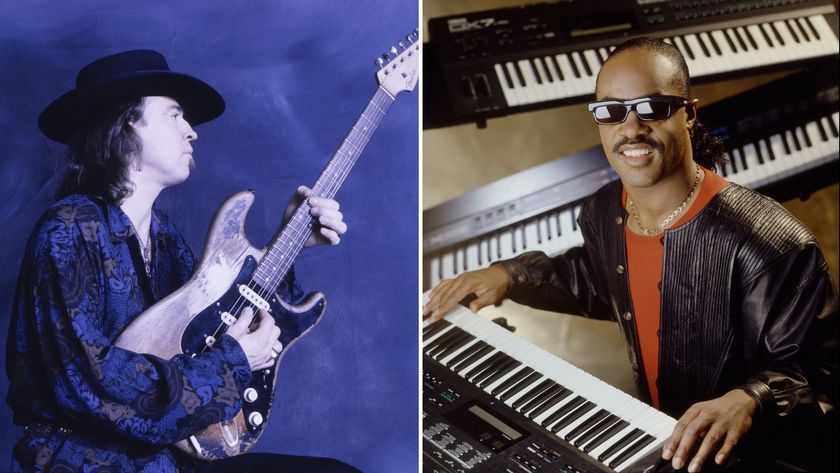
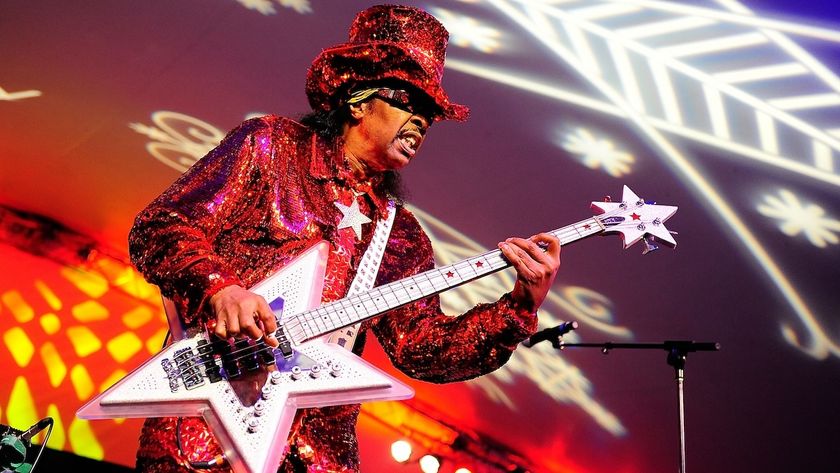
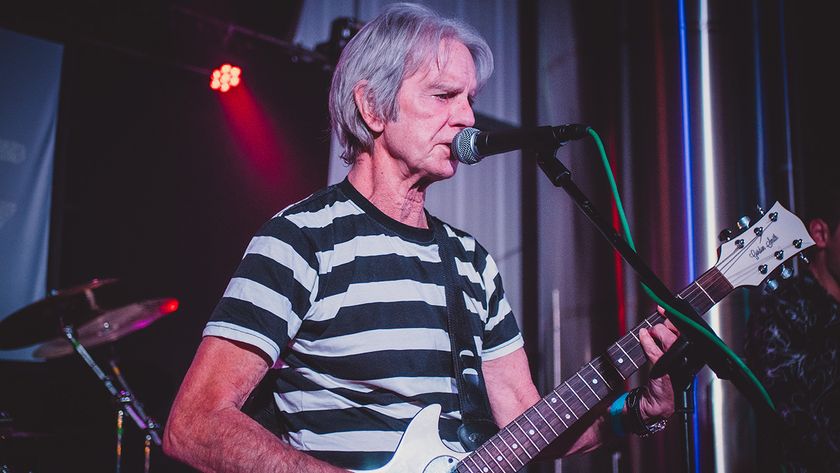
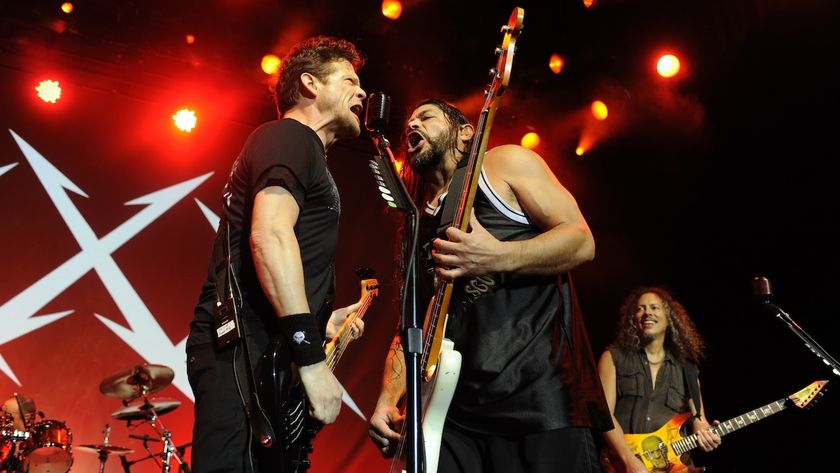
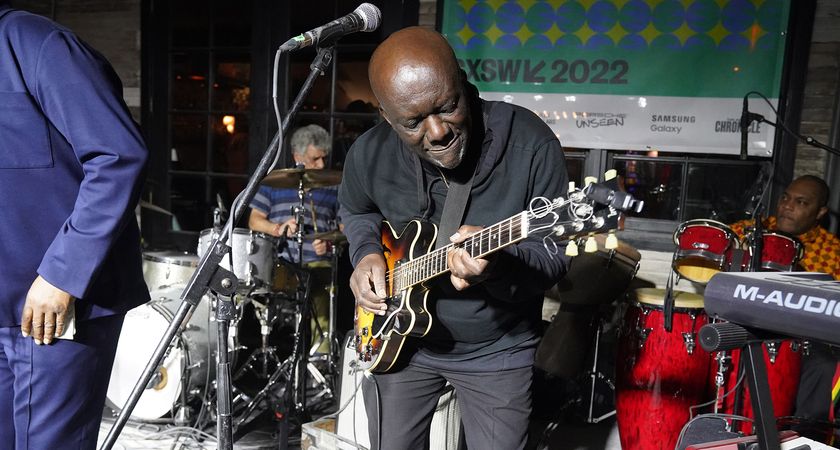
![[L-R] George Harrison, Aashish Khan and John Barham collaborate in the studio](https://cdn.mos.cms.futurecdn.net/VANJajEM56nLiJATg4P5Po-840-80.jpg)
